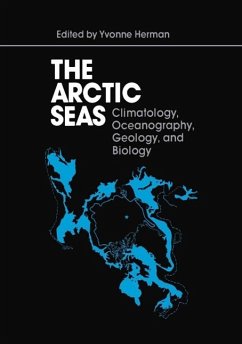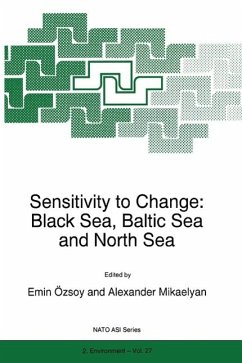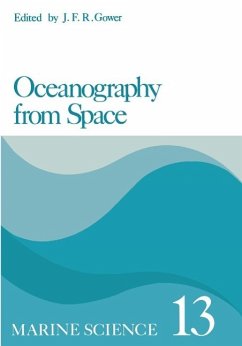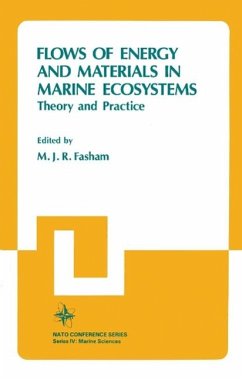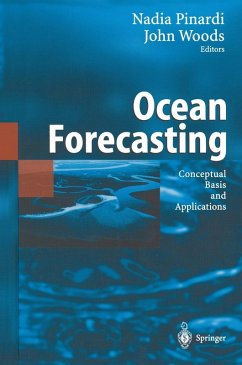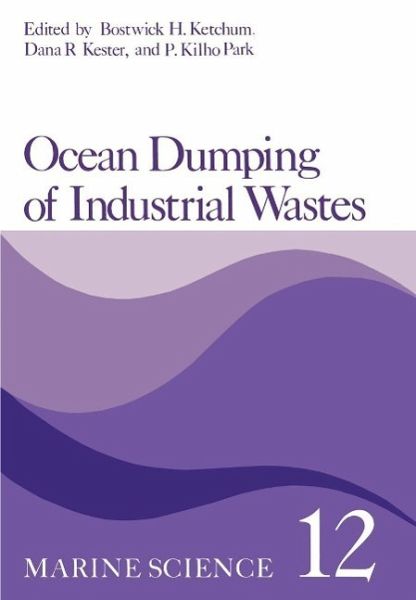
Ocean Dumping of Industrial Wastes (eBook, PDF)
Versandkostenfrei!
Sofort per Download lieferbar
40,95 €
inkl. MwSt.
Weitere Ausgaben:

PAYBACK Punkte
20 °P sammeln!
In recent years there has been an increased realization that the casual disposal of wastes can lead to a deterioration in environmen tal quality with substantial impacts on society. The management of waste disposal practices must consider the various alternatives of discharging and decomposing wastes on land, in the atmosphere, and in the marine environment. Up until 1972 ocean dumping was used increasingly to dispose of sewage sludge, industrial wastes, and dredged material. In subsequent years regulations were developed to reduce and minimize ocean dumping. These regulations were prompted of...
In recent years there has been an increased realization that the casual disposal of wastes can lead to a deterioration in environmen tal quality with substantial impacts on society. The management of waste disposal practices must consider the various alternatives of discharging and decomposing wastes on land, in the atmosphere, and in the marine environment. Up until 1972 ocean dumping was used increasingly to dispose of sewage sludge, industrial wastes, and dredged material. In subsequent years regulations were developed to reduce and minimize ocean dumping. These regulations were prompted often by ignorance of the possible effects of waste disposal in the ocean rather than by knowledge that such ocean dumping was detrimen tal to the marine environment or to man. The relationship between waste disposal and the oceans can be viewed in either of two ways. One may want to assure that waste disposal procedures do not alter adversely the marine environment, or one may choose to utilize the ocean as a waste depository to reduce the burden placed on the con tinental ecosystem and on the atmosphere. From either perspective it is essential that there be an adequate base of technical information to assess the fate and effects of wastes introduced to the ocean. A series of original technical papers has been compiled in this book to present some of the recent results of research on industrial waste disposal in the ocean.
Dieser Download kann aus rechtlichen Gründen nur mit Rechnungsadresse in A, B, BG, CY, CZ, D, DK, EW, E, FIN, F, GR, HR, H, IRL, I, LT, L, LR, M, NL, PL, P, R, S, SLO, SK ausgeliefert werden.



